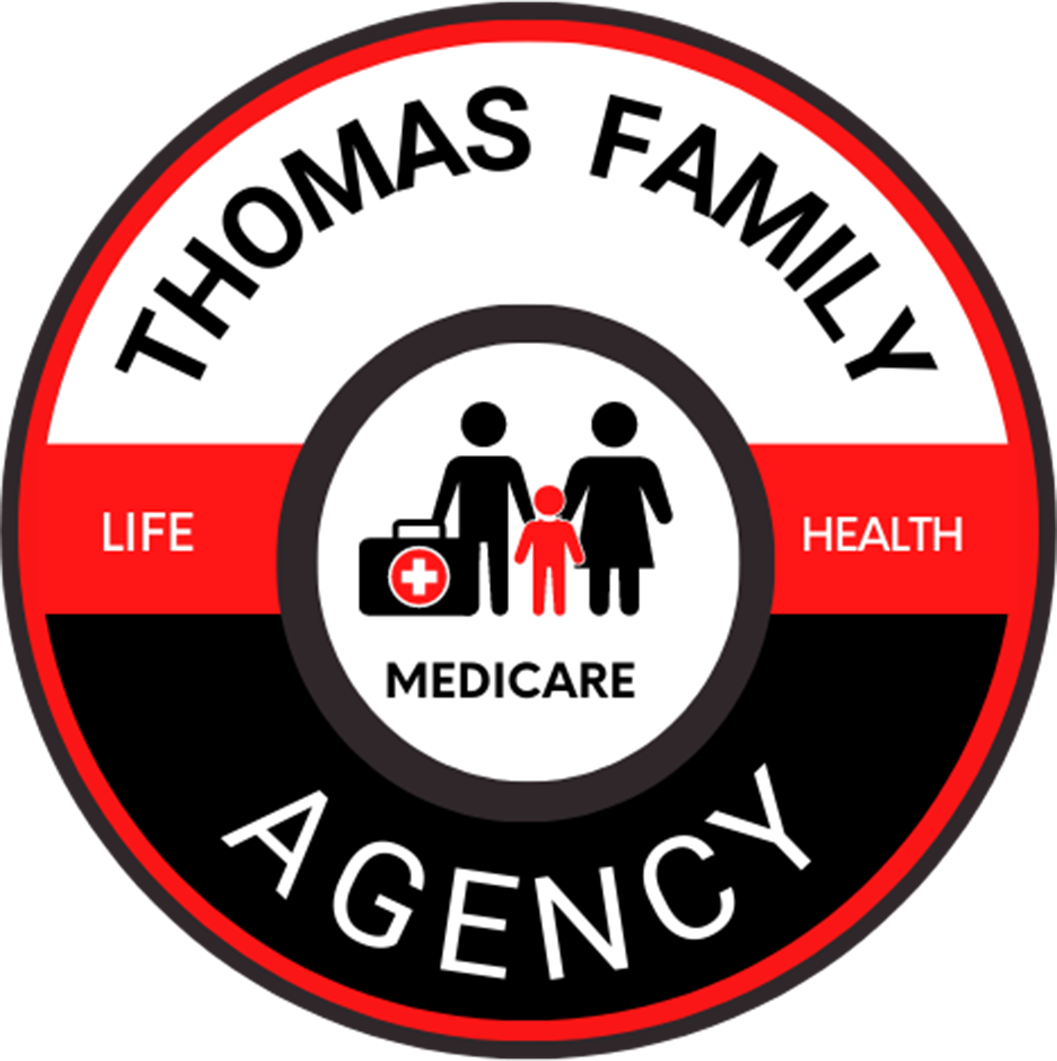Hearing Awareness Week, taking place from March 1-7, is a crucial reminder of the importance of hearing health, which often gets overlooked. With hearing care needs varying by individual, understanding Medicare coverage options can be essential for those experiencing hearing loss. Knowing what is and isn’t covered can make a significant difference in managing your hearing health effectively.
Routine Hearing Care
Traditional Medicare does not cover routine hearing exams, hearing aids, or fitting exams. This lack of coverage can have a significant financial impact for those needing hearing aids, where costs can run into thousands of dollars. For example, if you require hearing aids and need frequent adjustments, these expenses can quickly accumulate without adequate coverage.
Medicare Advantage Options
Medicare Advantage (Part C) plans typically offer coverage for annual hearing tests and hearing aid fitting exams. While these plans may include hearing aid coverage, there might be limitations to watch out for, such as copayments, benefit caps, or restrictions on how often you can purchase hearing aids—commonly, every two or more years. Take, for example, a scenario where you are only eligible to purchase hearing aids once every three years, which could affect your budget planning.
Diagnostic Exams
Medicare Part B covers diagnostic exams for hearing loss and related conditions, such as balance disorders or tinnitus, when ordered by an eligible provider. This coverage ensures that hearing issues can be properly diagnosed and treated, allowing for timely intervention to prevent further complications.
Out-of-Pocket Costs
For Medicare Part B diagnostic exams, beneficiaries generally pay 20% coinsurance after meeting the deductible. For instance, if you’ve already met the deductible for another Part B-covered service, only the coinsurance may apply, reducing your out-of-pocket expenses. Medigap, or supplemental plans, can help cover these additional out-of-pocket costs, providing more comprehensive financial protection.
Other Assistance Options
There are additional resources for hearing aid assistance, such as Medicaid, the VA, or charitable organizations that can offer support. Additionally, the approval of over-the-counter hearing aids in 2022 provides a more affordable option for those with mild to moderate hearing loss. An example of this in practice would be purchasing an over-the-counter option to manage early-stage hearing loss effectively without financial strain.
Addressing your hearing care needs and understanding your Medicare options is vital. Hearing health is crucial, and accessible support can make a significant difference. If you’d like to review your Medicare plan or explore options that may help support your hearing care needs, please feel free to reach out. Encourage readers to get in touch for personalized guidance or to schedule a consultation to review their hearing care coverage.
Let's Chat!
Book a No Cost Review today— no commitment, just a friendly conversation about your needs.
Contact Us
We will get back to you as soon as possible.
Please try again later.
TPMO Disclaimer: We do not offer every plan available in your area. Any information we provide is limited to those plans we do offer in your area. Please contact Medicare.gov or 1-800-MEDICARE (TTY users should call 1-877-486-2048) 24 hours a day/7 days a week to get information on all of your options.
Not affiliated with or endorsed by the government or Federal Medicare Program.
© 2025 THOMAS FAMILY AGENCY
